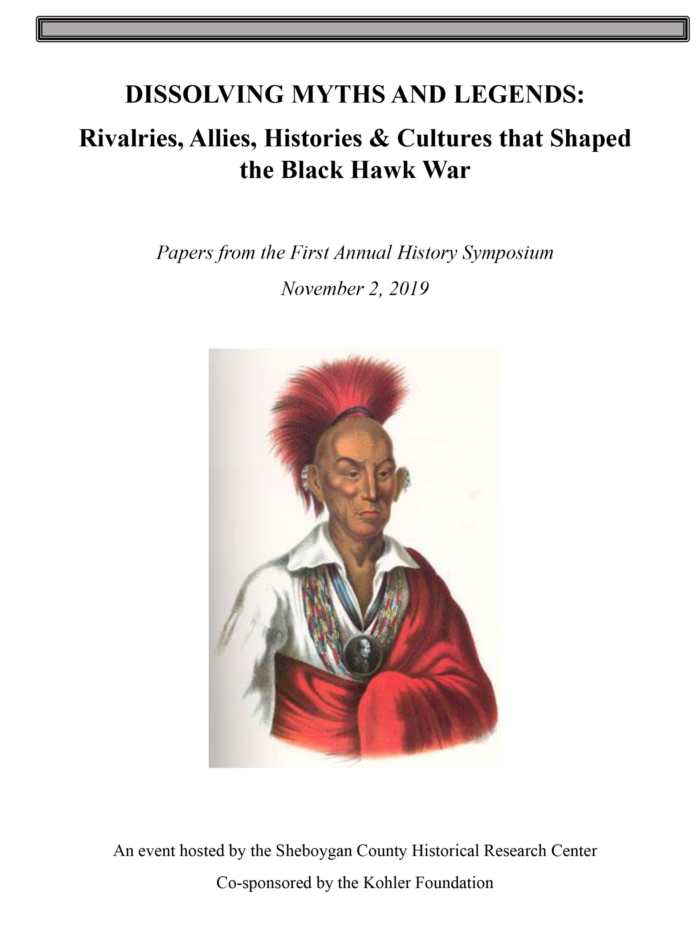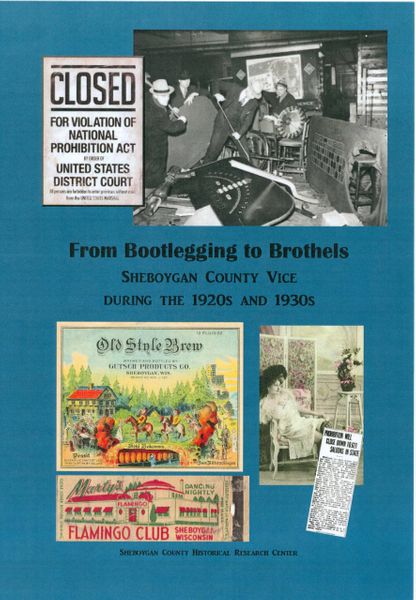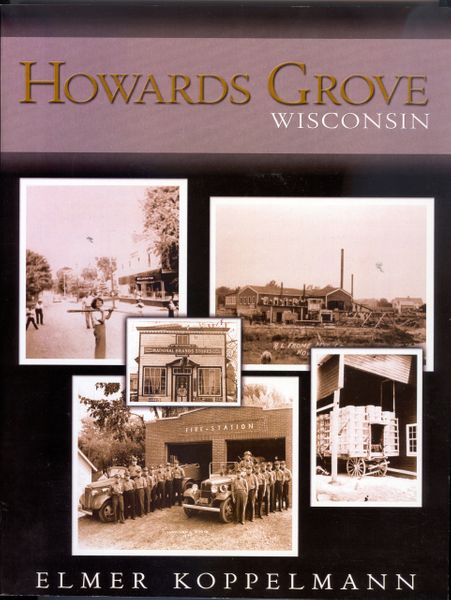Description
AVAILABLE NOW – The Black Hawk War has often been the subject for historians, who have often simplified its origins and outcomes. Recent scholarship has shown, however, that a proper understanding of the conflict requires an understanding of racial consciousness, military incompetence, intertribal dynamics, and cultural practices of the Sauk and other tribes of the Upper Mississippi region. The new information that has been gleaned from previously untapped oral histories, original sources, and revisionist interpretations has allowed present-day scholars and biographers alike to take a fresh and enriched examination of the last Indian war that was fought in Illinois and Wisconsin, and provide needed insight to both sides of the struggle.
The papers contained in this volume were delivered on Saturday, November 2, 2019, as part of a Black Hawk War Symposium entitled, “Dissolving Myths and Legends: Rivalries, Allies, Histories, and Cultures that Shaped the Black Hawk War,” hosted by the Sheboygan County Historical Research Center. Each paper offers information that enhances our understanding of why the conflict occurred and how it was militarily conducted. In The Path to Glory is Rough: The Causes and Course of the Black Hawk War, 1804-1832, Dr. Patrick J. Jung positions the Indian uprising within a century of American Indian Anti-Colonial Resistance and provides a detailed and comprehensive discussion of several causes, a revealing profile of Black Hawk, and the intertribal complexities associated with the conflict. The role of the Rock River Ho-Chunk band during the 1832 crisis is the subject of Protectors of the Corn Moon: How the Rock River Ho-Chunks His 1,200 Fugitive Indians and Mired U.S. Troops During the 1832 Black Hawk War, by Dr. Libby Tronnes. She maintains that the Ho-Chunks attempted to thwart violence by playing both sides in the conflict by guiding both United States troops and Sauk Indians. Dr. Kerry A. Trask discusses the importance of Sauk culture, ideologies, and economics in his paper, The Centre Cannot Hold: The Collapse of Sauk Society and the Black Hawk War. Showing how rapid improvements in hunting technology replaced a vital government-run trading system between Indians and American settlers, Trask makes the argument that the fall of the Sauk economy led to a downward spiral that nearly eradicated Sauk culture and traditions even before the war.
These essays reflect the latest scholarship on the Black Hawk War, a subject that has captured the attention of historians and the general public alike for generations.






